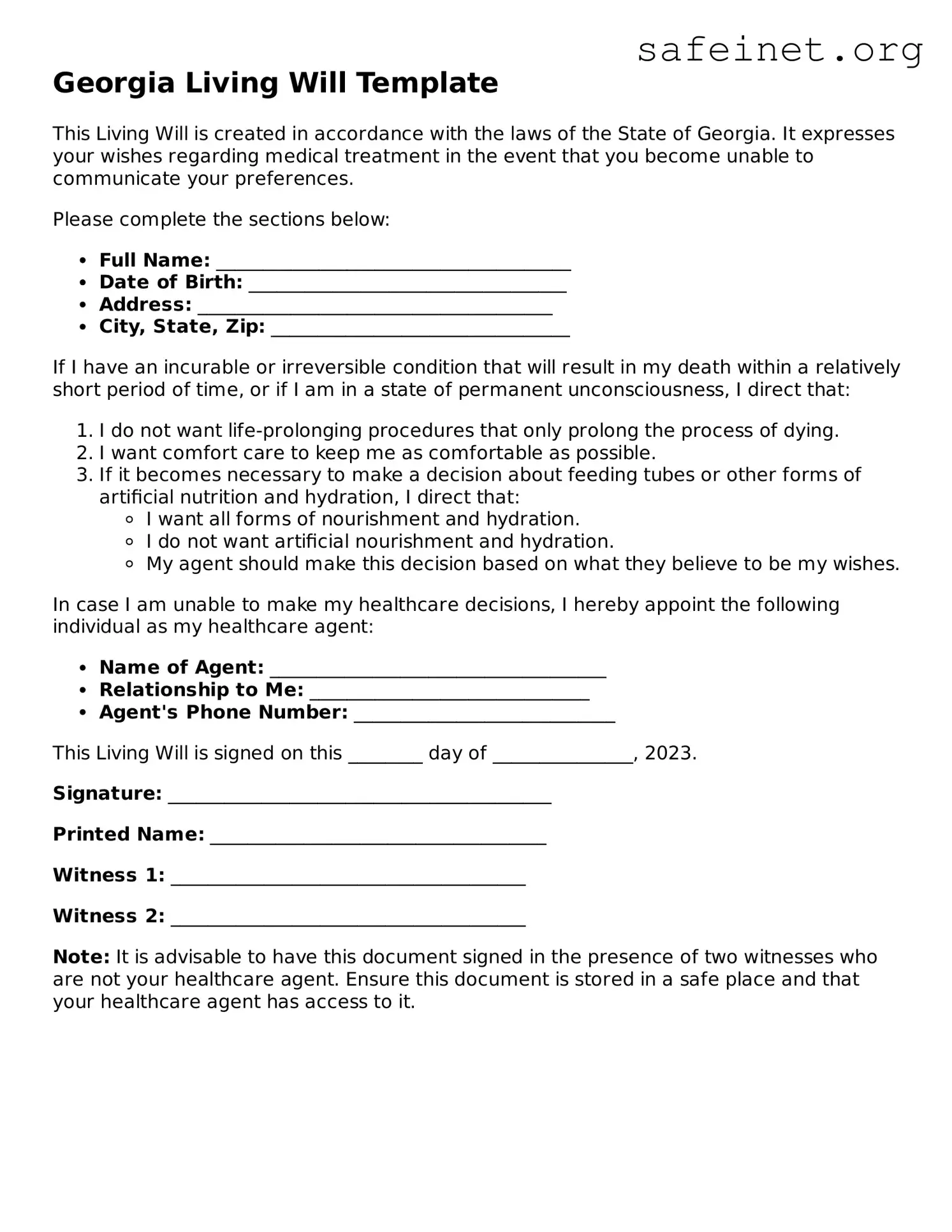A Health Care Proxy is a document that allows you to appoint someone to make medical decisions on your behalf if you are unable to do so. This is similar to a Living Will in that it both addresses healthcare decisions, but it is focused more on appointing a specific individual—often a trusted friend or family member—to act on your behalf. While a Living Will outlines your wishes regarding treatments and procedures, the Health Care Proxy enables your chosen representative to interpret those wishes and make decisions that may not have been specified in your Living Will.
Durable Power of Attorney for Health Care is another important document. It grants someone the authority to make healthcare choices for you under certain conditions, such as when you are incapacitated. This is similar to a Living Will as both documents deal with healthcare decisions, but a Durable Power of Attorney can cover a broader spectrum of situations and can be used for financial matters as well. Unlike a Living Will, which only addresses end-of-life care, this document can take effect immediately or upon specific conditions.
A Do Not Resuscitate (DNR) order is a specific type of advance directive. It tells medical teams not to perform cardiopulmonary resuscitation (CPR) if your heart stops. This is related to a Living Will because both deal with critical health choices, particularly at the end of life. However, while a Living Will often includes instructions about various treatments, a DNR focuses solely on resuscitation efforts.
The Physician Orders for Life-Sustaining Treatment (POLST) form is similar to a Living Will in that it outlines your medical preferences. However, a POLST is a more actionable order that must be signed by a healthcare professional, making it different from a Living Will, which is more of a guideline. POLST specifically addresses the types of treatments you want or do not want, including resuscitation, and must be followed by emergency medical personnel.
Advance Directives are broader legal documents that include both Living Wills and Health Care Proxies. They provide a path for you to outline your healthcare preferences in writing and specify who will make decisions if you can’t act for yourself. While a Living Will details your specific wishes about life-sustaining treatments, Advance Directives can encompass other important health-related guidelines.
Organ Donation forms allow individuals to express their wishes about donating organs after death. This is tangentially related to a Living Will as both involve end-of-life considerations. Living Wills primarily focus on how you want to be treated in life-threatening situations, while Organ Donation forms express your intent for posthumous contributions to saving lives through organ transplants.
Guardian designations are legal documents used to appoint someone to care for your minor children in the event of your death or incapacitation. Unlike a Living Will, which focuses on your medical wishes, the guardian designation prioritizes the well-being of your children. It ensures that someone you trust will raise your children according to your values and preferences, providing peace of mind in a time of need.
A Revocable Living Trust helps manage one’s assets while you are alive and distributes them after your death. Similar to a Living Will, which addresses your end-of-life healthcare, a Living Trust tackles your financial and property decisions. Both documents serve to make specific wishes clear, but the Living Trust is more about asset management, making it a key part of overall estate planning.
Final Arrangements documents will specify your preferences regarding burial or cremation, plans for a memorial service, and details for your funeral. They overlap with the themes found in a Living Will as both address future decisions about your treatment and end-of-life care. However, Final Arrangements are more focused on physical care following death, while a Living Will mainly centers on your medical care while you are still alive.
